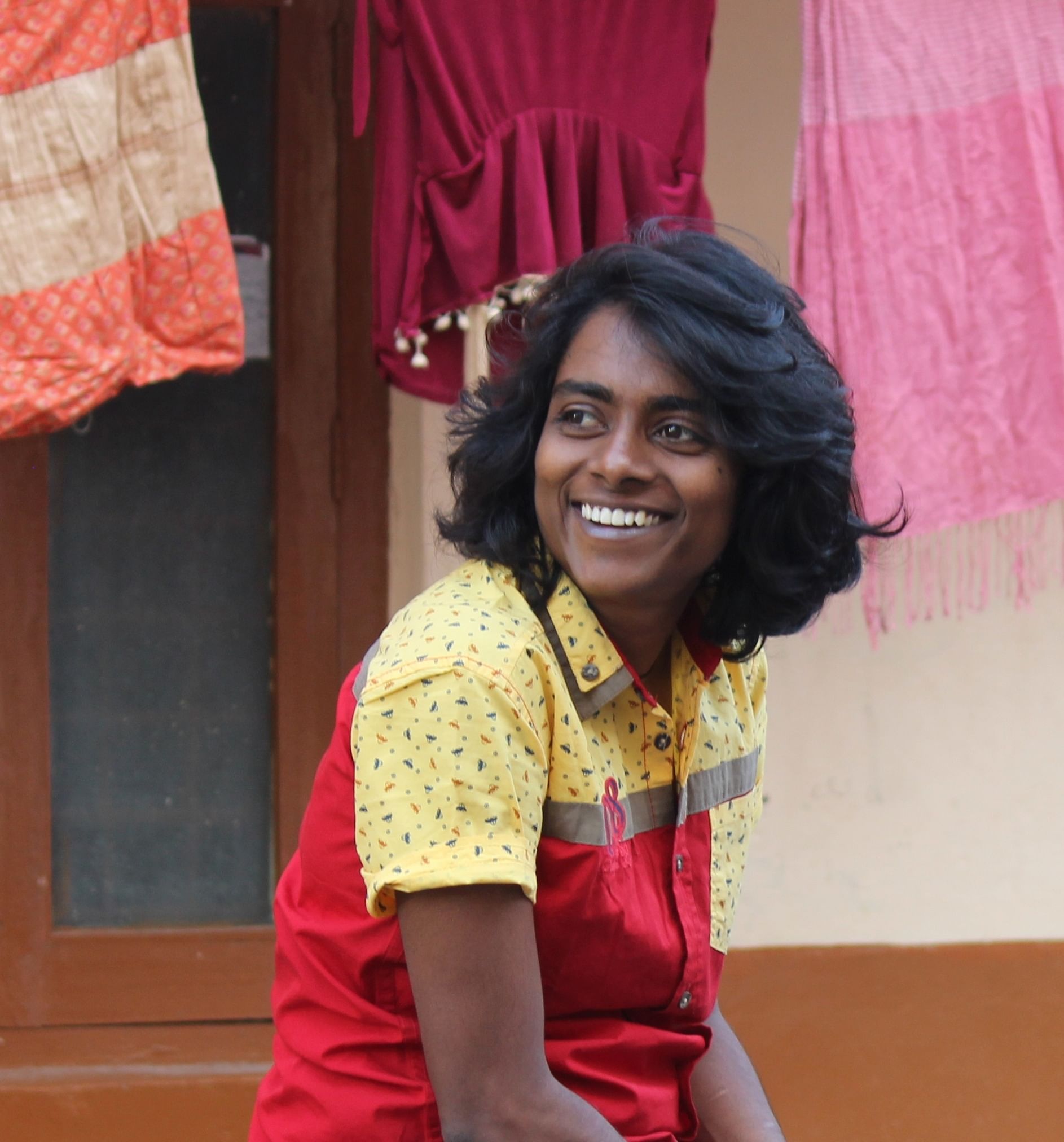Gay love stories still few and far between


In 1996, Deepa Mehta’s ‘Fire’ stirred a hornet’s nest in India when it showed two women, caught in patriarchal circumstances, falling in love and getting intimate.
Many then looked at homosexuality as a ‘sin in the eyes of God’. Female desire was also a topic hardly explored by Indian cinema. Some groups protested and got the screening stopped. ‘Fire’ spurred debates on lesbian rights.
The revolutionary film recently completed 25 years. Has Indian cinema produced more ground-breaking films on gay love? Not really.
Make no mistake; there have been many unheralded gems in the documentary, art house and parallel and short-film categories. Examples are ‘Randu Penkuttikal’ in Malayalam, ‘The Pink Mirror’, and ‘68 Pages’ in Hindi, ‘My Son Is Gay’ in Tamil, ‘Arketi Premer Golpo’ and ‘Memories in March’ in Bengali, and ‘Yours Emotionally’ in English.
In the new millennium, Onir is hailed for bringing about a change in Hindi cinema. His ‘My Brother Nikhil’ (2005), starring Sanjay Suri, Juhi Chawla and Purab Kohli, showcased misconceptions about AIDS. A mature gay relationship was balanced well inside the plot.
He backed this up with a short film in his anthology ‘I Am’ (2010), laying bare the lack of respect for gays. Onir is making its sequel ‘We Are’ and has often spoken about big stars’ reluctance to feature in same-sex relationship stories.
Thanks to awareness campaigns, commercial filmmakers partially explored the idea in ‘Page 3’, ‘Honeymoon Travels’, ‘Life In A Metro’, ‘Rules Pyar Ka Superhit Formula’, and ‘Mumbai Police’. Otherwise, full-fledged mainstream films on homosexuality have been few and far between. ‘Margarita With A Straw’ (2014), ‘Angry Indian Goddesses' (2015), 'Aligarh' (2015), ‘Moothon’ (2019), and ‘Shubh Mangal Zyada Saavdhan’ (2020) are among the handful of films that tried to explore gay relationships.
Popular chef Priyank Sukanand, proudly gay, says it is already three years since the decriminalisation of homosexuality, and the community deserves more focused films.
“For instance, ‘Kapoor And Sons’ (2016) did a shabby job. It only spoke about the ‘coming out’ aspect. We expect filmmakers to showcase the journey of coming out to oneself and to society. I urge filmmakers to get in touch with crisis and intervention groups and hear their stories,” says Priyank, who is also the co-founder of Queer Collective India.
‘Ek Ladki Ko Dekha Toh Aisa Laga’ (2019) does the same mistake of not capturing the internal journey of a lesbian woman. ‘Girlfriend’ (2004) and 'Dostana' (2008) were panned for insensitive representation of homosexuals. The problem persists, feels Priyank.
“In one of the stories of the Netflix anthology ‘Paava Kadhaigal’, two women pose as a lesbian couple to just get their way. So the relationship is just a joke,” he points out.
Roopa Rao, whose maiden feature ‘Gantumoote’ (2019) was widely acclaimed, debuted with India's first-ever web series on a lesbian love story that stayed clear of stereotypes and queer coding. The web series ‘The Other Love Story’, which dropped on YouTube in 2016, is a tender and simple relationship drama set in the late ‘90s. Wrapped in nostalgia, innocence and poignancy, the series makes gender irrelevant and keeps us invested in the rollercoaster story.
“I have travelled around the world and witnessed such stories around me. When I was in the US, I saw that same-sex love wasn’t a big deal. So in my head, it was completely normalised. So I went ahead and made a neighbourhood love story based on it,” she says.
There was a reason behind setting the film in a different era, she says. “I wanted to show the purity with which they find each other. They were just acting on their feelings. Today, the Internet has changed the way people perceive life,” she notes.
Filmmakers must strike a balance between entertainment and their cause, feels queer filmmaker Shailaja Padindala. Her Kannada film ‘Naanu Ladies’, a lesbian love story, has done well on the festival circuit.
“If you go for an experimental take on homosexuality, common audiences will struggle to understand. We must make people think meaningfully but also engage them with our films,” she reasons.
The entertaining ‘Shubh Mangal Zyaada Saavdhan’, starring Ayushmann Khuranna and Jitendra Kumar, was a welcome change. “It was definitely refreshing to see two men kiss on screen. A pleasant surprise that it wasn't edited out by the censor board,” says Priyank.
Short films with homosexual stories like ‘Awe’, ‘Bombay Talkies’ and ‘Ajeeb Daastans’ were received well in the online space. “The OTT censorship rules are more flexible and independent-filmmaker friendly,” says Shailaja. Roopa looks at an OTT space with the demand-and-supply theory.
“Right now, streaming sites are looking at murder mysteries and thrillers because maybe that’s what the audiences want. But we will soon get there,” she says.
Deccan Herald is on WhatsApp Channels| Join now for Breaking News & Editor's Picks